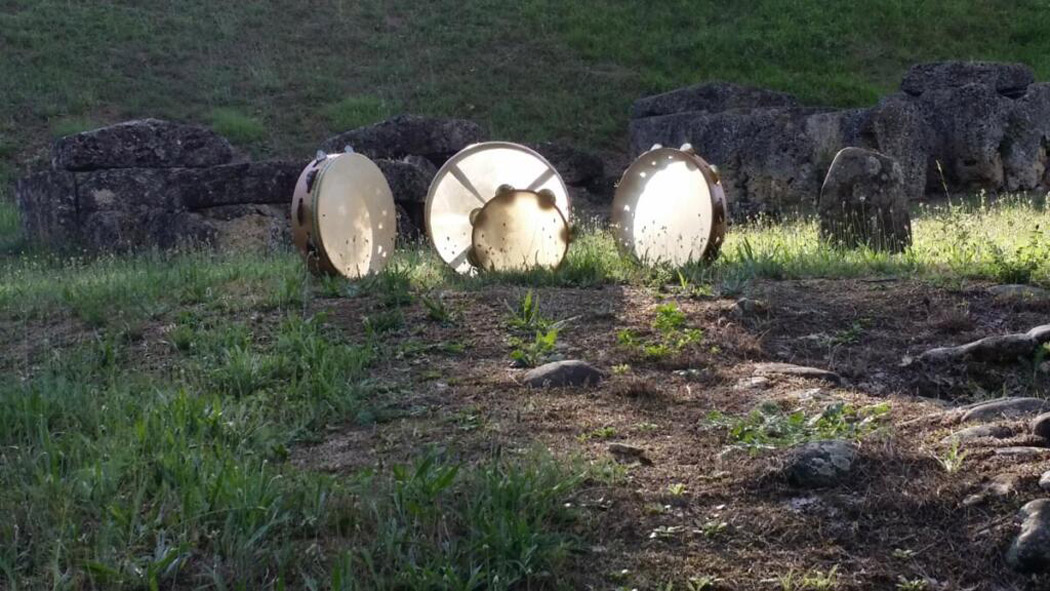What unites those born at the beginning and those who came to light at the end of the twentieth century?
The so-called "Short Century", owing to that shortness, should have had closer links between the generations following each other over the years. Yet a farmer - or a shepherd - of class 1925, at twenty, had much less in common with a similar man of the same age born only fifty, sixty years later than he could have had with a middle-aged man born a century before, for example.
However, there is something that unites them: an invisible thread that, starting with the word, moves into song, winds through instruments created by hands of skilled craftsmen and covers light, dancing bodies.
That thread, musical and intangible, survived, arriving at the gates of the New Millennium, and has brought people of three different generations into direct contact.
We can therefore say that the song has become a sign and has allowed young women and men of today to inherit the code through which their ancestors expressed themselves, that is, the dialect, which was the raw material for the song that, when accompanied by instruments, gave birth to dances.
Researching and transmitting these intangible treasures is, respectively, the reason for the creation of and the ultimate goal of projects such as HerniCantus.
Songs of love, work, protest, mockery and humour, incorporated in everyday simple and frank ways, appropriate to a world where the land and work represented the only sources of livelihood.
The Hernicantus trip began in 2001. The group was named "Compari delle Cantine", since the cellars of the historical centre of Paliano, opening on the occasion of the celebrations of the Most Holy Assumption into Heaven (August 15), were the natural setting for their first performances.
Throughout the Central-South Italy, the "compare” (accomplice or godfather) is not simply the "godfather". He is not a friend and not a brother. He is a companion, an accomplice, a shoulder, a hand ready to help in case of need, a spank in case of a proven failure, a suggestion in case of advice.
The Compari delle Cantine have collaborated with local theatre companies in dialect and Italian performances, offering a cross-section of cultural music on the stages of the province of Lazio, to the capital of Rome, with occasional overlaps in the rest of Italy.
After a first recording experience, the group was organised as a cultural association and the music section was named HerniCantus, the name of the ancient people of the Ernici, on the hills and mountains of the same pre-Roman age.







Follow us